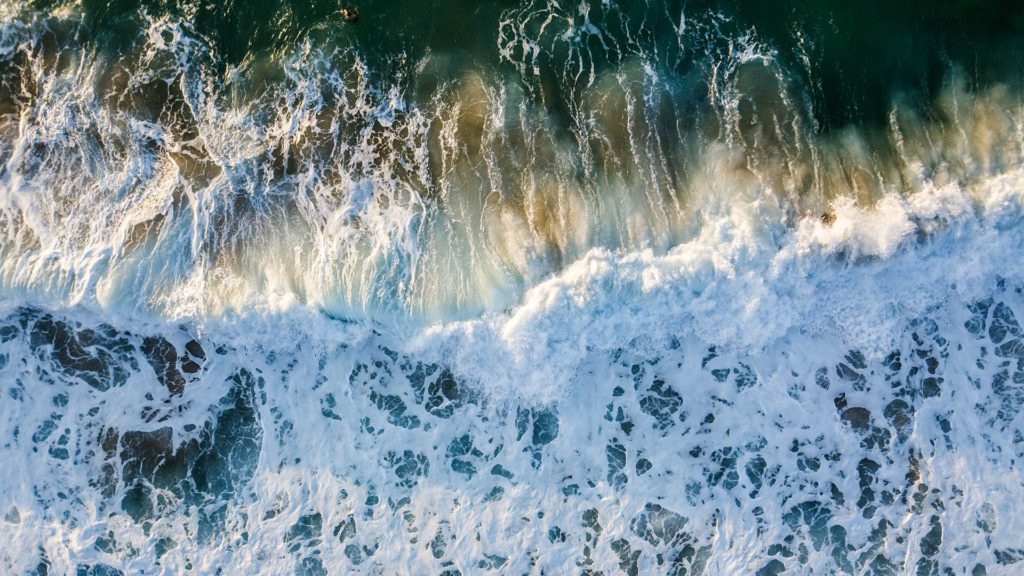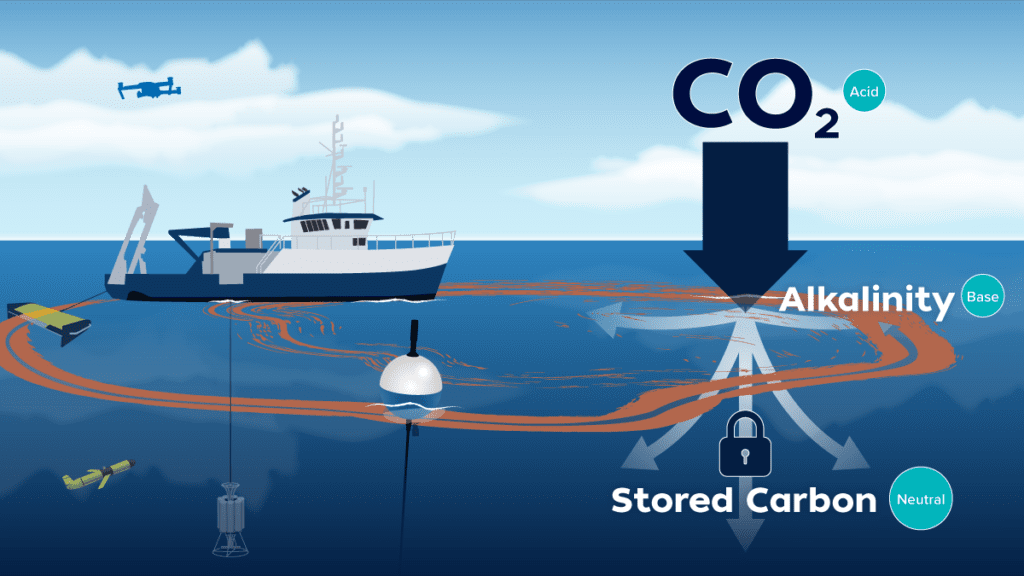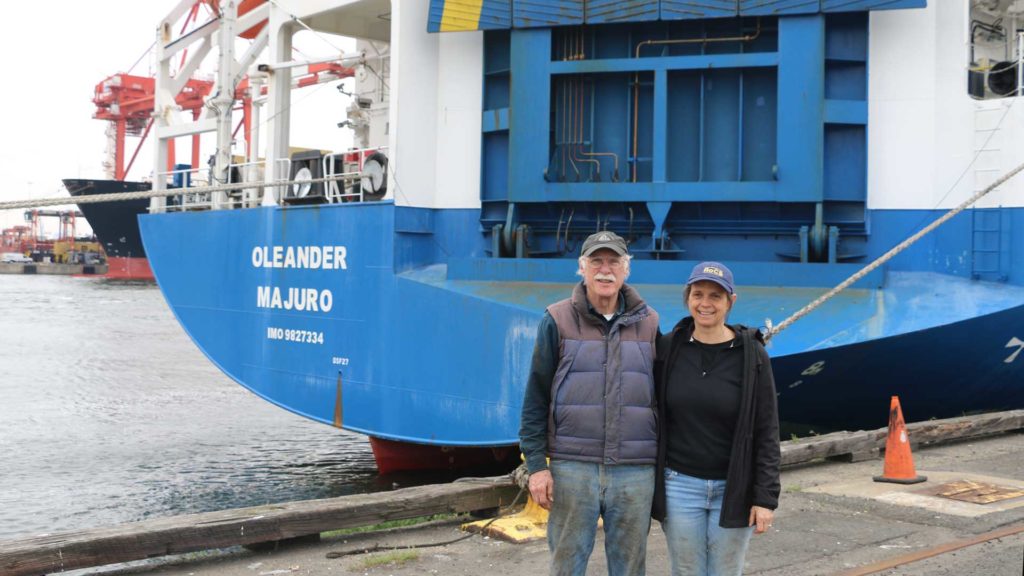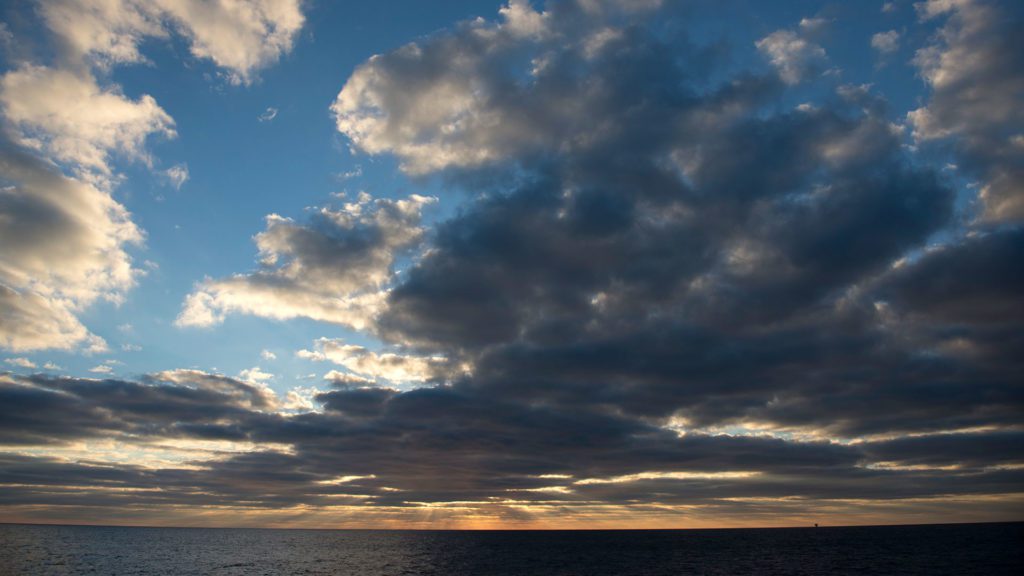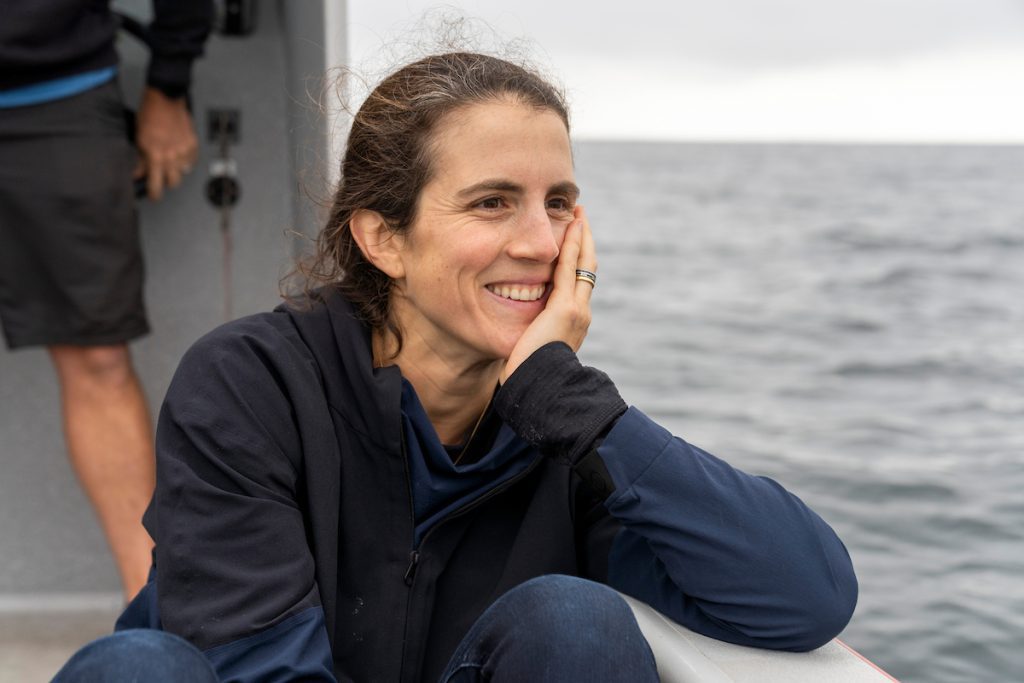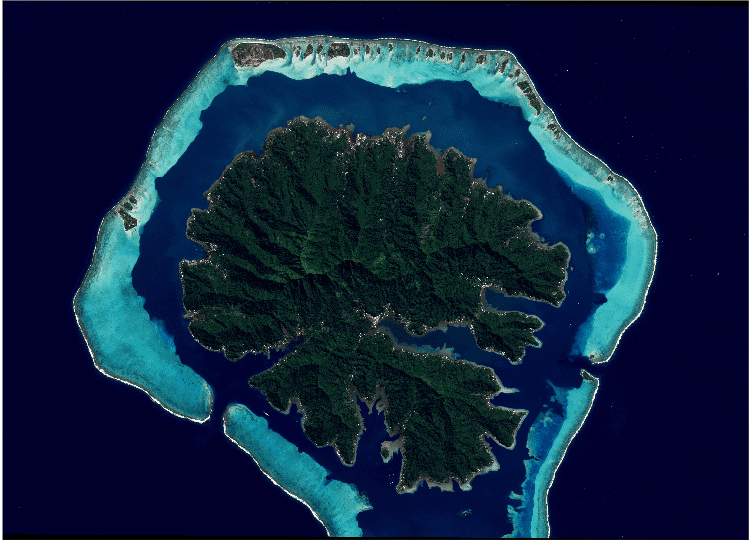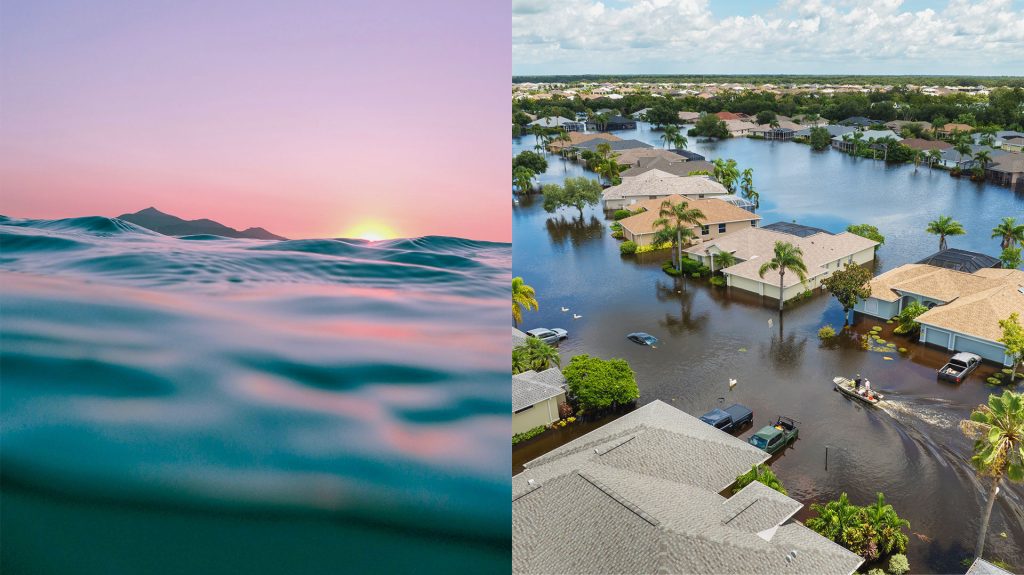Raising Awareness
News
NEWS RELEASES
WHOI Awarded Funding to Support Research and Development of Marine Carbon Dioxide Removal
WHOI researchers are among the 17 projects that have been awarded funding by NOAA’s Ocean Acidification Program on behalf of the National Oceanographic Partnership Program (NOPP).
Top Fish Predators Could Suffer Wide Loss of Suitable Habitat by 2100 Due to Climate Change
The impacts of climate change on habitats are already evident Woods Hole, MA – A study of 12 species of highly migratory fish predators-including sharks, tuna, and billfish such as marlin and swordfish-finds that most of them will encounter widespread losses of suitable habitat and redistribution from current habitats in the Northwest Atlantic Ocean (NWA) and the Gulf of Mexico (GOM) by 2100. These areas are among the fastest warming ocean regions and are projected…
Ocean Alkalinity Enhancement Project Looks at Pulling Carbon Dioxide from the Atmosphere
Woods Hole Oceanographic Institution project is part of the broader carbon to sea initiative
Oleander Project Transfers to WHOI Management
30-year effort to monitor the Gulf Stream and Northwest Atlantic circulation will continue providing crucial data and insights
Atmospheric Research Provides Clear Evidence of Human-Caused Climate Change Signal Associated with CO2 Increases
Claims that Climate Change Is Natural are Inconsistent with Atmospheric Temperature Trends
WHOI | OCEANUS
Publications
IN THE NEWS - RESEARCH HIGLIGHTS
Study offers first definitive proof that Gulf Stream has weakened
“New research from the Woods Hole Oceanographic Institution offers the first conclusive evidence that the Gulf Stream has weakened. The powerful ocean current off the East Coast influences regional weather, climate and fisheries, and the finding could have significant implications both for New England and the global climate.”
What Happens to Marine Life When There Isn’t Enough Oxygen?
In September of 2017, Woods Hole Oceanographic Institution postdoctoral scholar Maggie Johnson was conducting an experiment with a colleague in Bocas del Toro off the…
Maine’s having a lobster boom. A bust may be coming.
The waters off Maine’s coast are warming, and no one knows what that’s going to mean for the state’s half-billion-dollar-a-year lobster industry—the largest single-species fishery in North America. Some fear that continued warming could cause the lobster population to collapse. To understand what’s happening to the ecosystem of the Gulf of Maine, says Glen Gawarkiewicz, an oceanographer at Woods Hole Oceanographic Institution, in Massachusetts, you have to look beyond it—see how it’s affected by the atmosphere, ocean currents, and rivers that flow into it.

